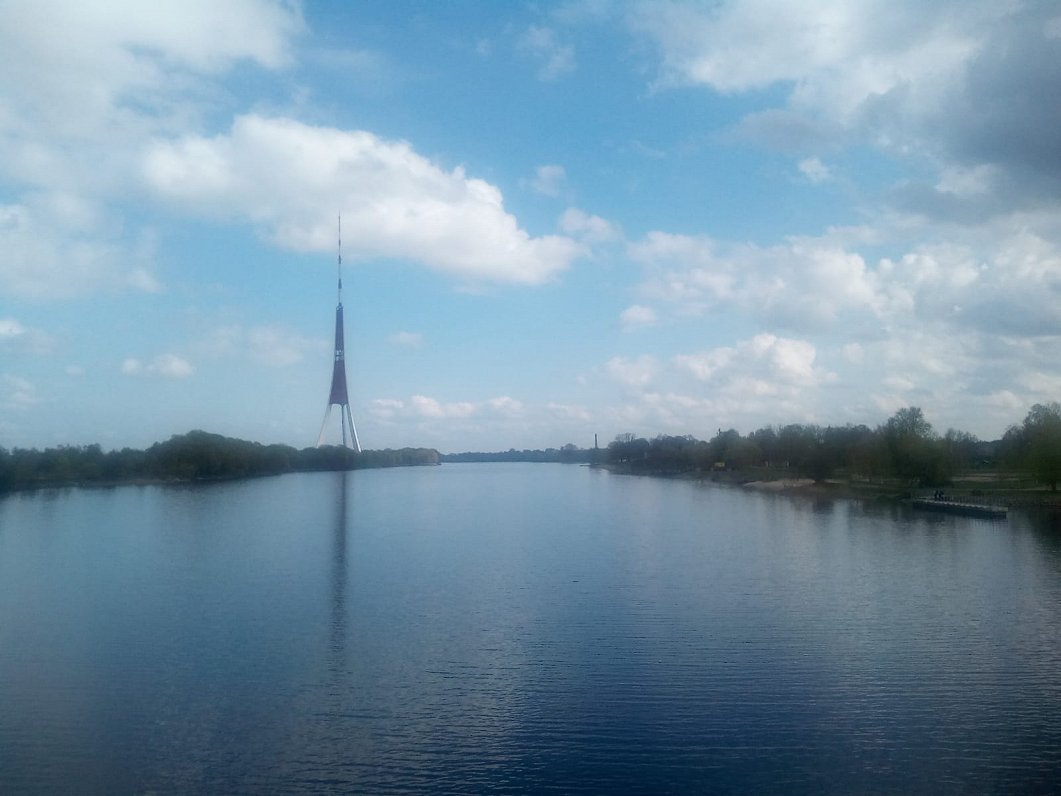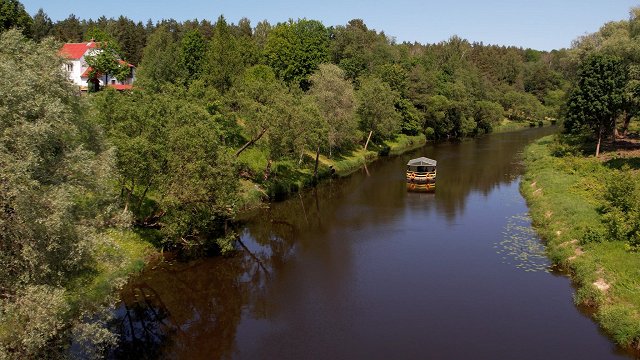Emergency valves are opened when Riga sewer systems are overflowing due to intense rainfall but purification stations cannot absorb the amount. Wastewater released in the Daugava mixes with rainwater and there is nothing to keep the waste in the sewer.
Although these activities are legal and have been granted permits, since the end of 2019, the State Environmental Service (VVD) has paid increased attention to "Rīgas ūdens". The reason is citizens' complaints about visible sewer content floating in the Daugava: hair, hygiene articles, cotton swabs.
Not only do Riga streets flood during rainfall: wastewater from several neighborhoods is collected by a single sewer system. During intense rain or snow melting, in order not to damage the system, emergency releases are carried out - untreated wastewater goes directly into the environment.
"The amount of untreated wastewater is relatively very high against the total amount of wastewater. Consequently, we conclude that these are not accidental or emergency releases because 5.3% of the amount of wastewater discharged throughout the year is certainly not what we expect with heavy rain," says head of VVD Elita Baklāne-Ansberga.
The VVD assumes that the emergency system is likely used too often. Data show that "Rīgas ūdens" discharged 1.1 million cubic metres or 2.2% of total amount of wastewater in the emergency regime five years ago, whereas in 2016 the amount had doubled to 2.07 million cubic metres or 4% of the total, but during the last three years, the amount has been on average 2.5 million cubic metres or 5.4% of the total.
"Rīgas ūdens" explains the change four years ago with a more precise accounting system in place, whereas the recent climb is linked to climate change - the increasing incidences of heavy rainfall.
There is no regulation on how much wastewater is allowed to be discharged in the emergency mode.
A political decision is needed to change the situation significantly, which cannot be taken while Riga is without elected power.
The VVD is currently analyzing the situation in other cities - the amounts of wastewater drainage and correlation with rain and emergency mode. VVD presumes an unpleasant scene could be revealed elsewhere.


























